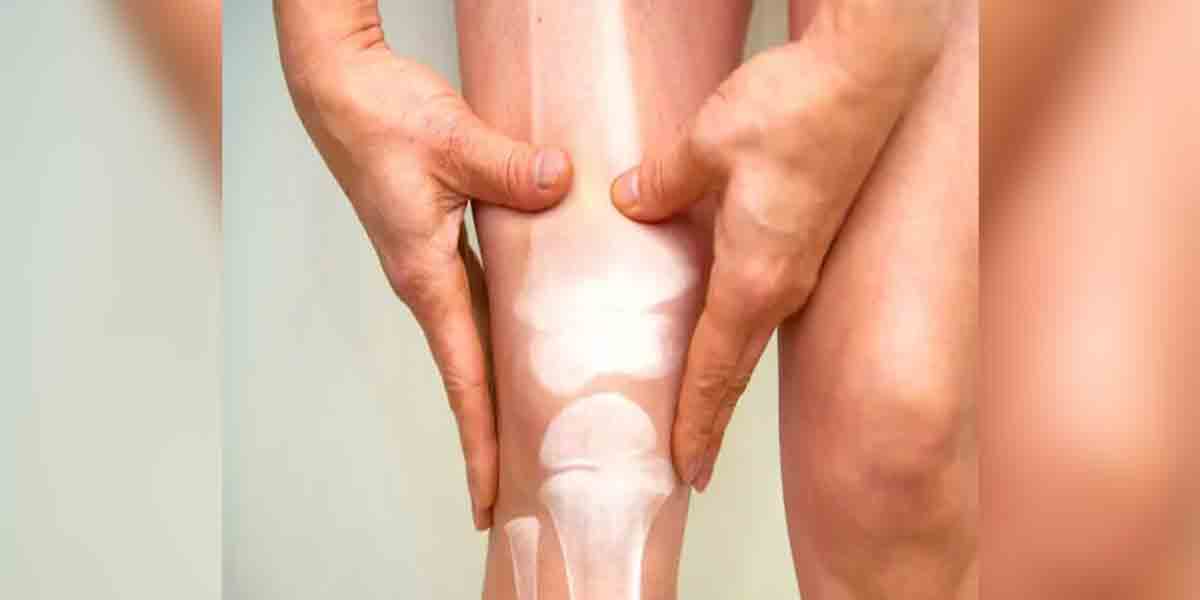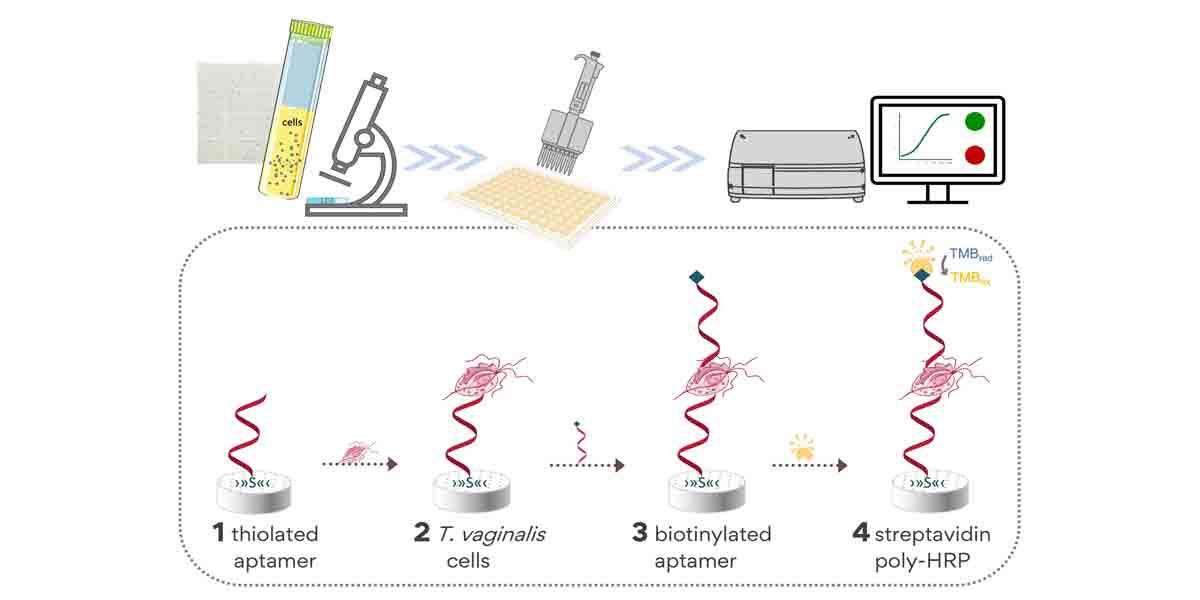By George N. True II
I have palpitations at times, but they disappear after a while. What’s causing them? Hope I can see you in person for a checkup. – Ford Bugto, Caloocan City, Metro Manila.
Does your heart skip a beat but you’re not dancing to hip hop? Is your heart beating fast even though you’re not ogling at your stash of girlie magazines? Do you have a pounding sensation in your heart even if your sexy neighbor or secret crush is not around?
These are symptoms of heart palpitations that can spread to your throat, neck, or chest, and they can occur whether you’re active or at rest. If they don’t bother you often and last only a few seconds, you have nothing to worry about.
But if they happen frequently, you should see a doctor since this could mean something is wrong. The Mayo Clinic said this is usually the case if you have a family history of heart disease or problems like an irregular heartbeat (arrhythmia) that can cause the heart to beat faster (tachycardia) or slower (bradycardia).
Common causes
In some, heart palpitations indicate that a person has an overactive thyroid gland (hyperthyroidism), or it may follow a previous heart attack or heart surgery. In any case, go to a doctor immediately if you have severe shortness of breath, chest pain, dizziness, or fainting. Heart-monitoring tests will reveal if you have other problems.
Other common causes of heart palpitations include depression, stress, anxiety, or panic attacks which are common nowadays. They can also occur with strenuous exercise or after taking stimulants like caffeine, nicotine, cocaine, amphetamines, cold and cough medications that have pseudoephedrine, or asthma medicines.
Those with fever may also have heart palpitations as well as people who experience hormone changes due to menstruation, pregnancy, or menopause.
Possible complications
If you have a heart problem, the Mayo Clinic said you might develop complications from heart palpitations. These include fainting (caused by low blood pressure if your heart beats rapidly), cardiac arrest (when the heart stops beating normally), stroke, and heart failure (when the heart beats abnormally for a long period of time).
Heart palpitations rarely require treatment unless they are caused by heart problems, according to the Mayo Clinic. To avoid them, try to avoid the things that cause them. Reduce stress with the help of relaxation techniques like meditation, yoga, or deep breathing. Stay away from stimulants like caffeine, nicotine, some cold medicines, and energy drinks. Don’t take illegal drugs such as cocaine and amphetamines.
I’m flattered that you want to see me for a checkup, but I’m not a doctor and never claimed to be one in the past 30 years that I’ve been writing this column. The information I give here is based on research and, at times, interviews with my doctor friends. For your health problems, it’s always best to see a real doctor.
For questions, email [email protected].
























